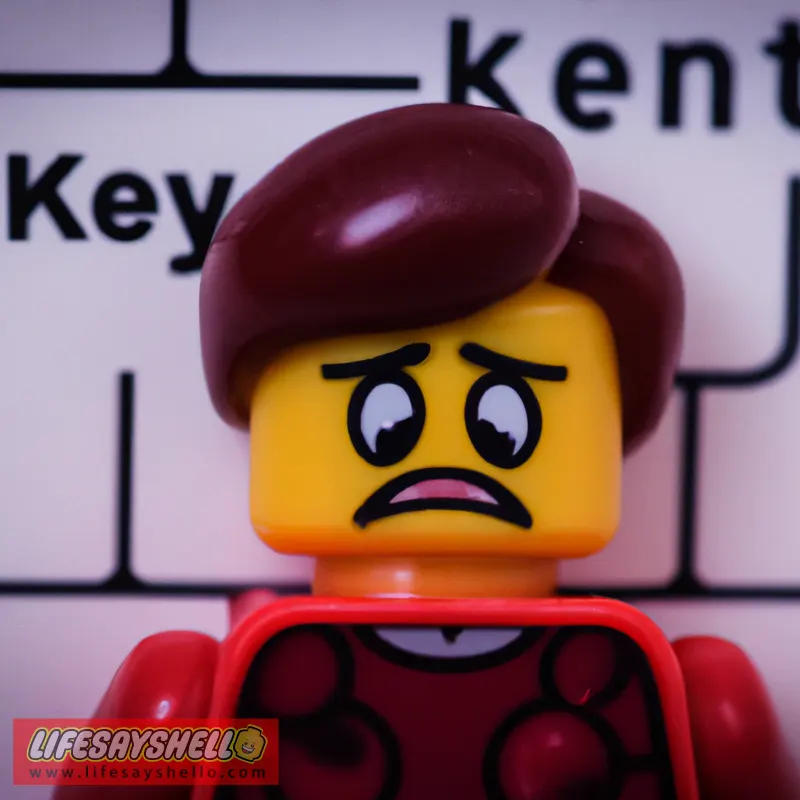The Top 10 Symptoms of Kidney Failure You Should Know

Kidney failure is a serious health condition that occurs when your kidneys can no longer filter waste products from your blood effectively. Knowing the key symptoms of kidney failure is important, as early detection and treatment can help prevent further damage and complications. In this in-depth article, we’ll cover the top 10 symptoms you should watch out for in both acute and chronic kidney failure.
Acute kidney failure develops rapidly, over a few hours or days. Chronic kidney failure progresses gradually over several years. Both can be life-threatening if left untreated. By understanding the signs your kidneys might be failing, you can seek medical care right away and have the best chance of recovery.
Acute Kidney Failure Symptoms
Acute kidney failure, also called acute renal failure, comes on suddenly and causes a rapid buildup of waste products in your blood. Without treatment, it can lead to a life-threatening situation within hours or days. Here are the top symptoms to watch for:
1. Decreased Urine Output
One of the hallmarks of acute kidney failure is a sudden decrease in how much you urinate. Healthy kidneys filter about a cup of urine every hour. With acute failure, you may urinate much less than that, sometimes as little as a few teaspoons per day.
In some cases, urine output remains normal at first. But as kidney function drops, you’ll produce less and less urine. Very little urine production is a warning sign you need emergency care.
2. Fluid Retention and Swelling
When your kidneys aren’t filtering properly, excess fluid builds up in your body. This leads to noticeable swelling, often in your legs, ankles and feet. Swelling in the hands and face can also occur.
Pressing on the skin over a swollen area leaves an indentation. When the swelling is significant, it may limit your range of motion. Fluid retention is a common effect of acute kidney failure.
3. Shortness of Breath
Extra fluid in the lungs can make breathing difficult. You may feel short of breath even at rest. Lying down flat and taking deep breaths may be challenging. Shortness of breath from fluid buildup requires prompt medical treatment.
4. Fatigue
Waste accumulation in the bloodstream can make you feel extremely tired and weak. Performing even basic daily tasks like getting dressed may seem exhausting. This severe fatigue results from the metabolic changes caused by rapidly declining kidney function.
5. Confusion
Acute kidney failure allows harmful toxins to build up in the blood. This can impair brain function, causing confusion and disorientation. You may have trouble focusing or remembering recent events. In severe cases, delirium can develop. Seek care immediately if you notice sudden confusion.
6. Nausea
Gastrointestinal effects like nausea and vomiting are common with acute kidney failure. Loss of appetite and metallic taste in the mouth can occur too. These symptoms result from the imbalanced chemical levels caused by the kidney damage.
7. Weakness
Profound muscle weakness may develop, making it difficult to go about your daily activities. You might have trouble lifting objects, climbing stairs, or even walking without assistance. This weakness signals that acute kidney failure requires urgent treatment.
8. Irregular Heartbeat
Fluid overload and electrolyte imbalances from acute failure can cause abnormal heart rhythms like atrial fibrillation. You may feel your heart racing or fluttering. Chest discomfort and dizziness can occur too. Irregular heartbeats require evaluation in the ER.
9. Chest Pain
Fluid around the lungs and heart can lead to chest tightness and pain. Breathing may worsen the discomfort. Heart rhythm abnormalities can also cause chest pain. Seek emergency care if you develop chest pain along with other kidney failure symptoms.
10. Seizures or Coma
As toxins accumulate, acute kidney failure can progress to life-threatening complications like seizures, loss of consciousness, or coma. Seizures from uremic encephalopathy require emergency treatment to prevent permanent brain damage.
Chronic Kidney Failure Symptoms
Chronic kidney disease (CKD) involves gradual loss of kidney function over years. Many people don’t notice symptoms until significant damage has occurred. Recognizing the signs of chronic kidney failure early on can help prevent it from advancing to kidney failure.
1. Nausea and Vomiting
As kidney function declines, waste buildup in the blood causes nausea and vomiting. Losing your appetite and feeling sick to your stomach are common early signs of chronic kidney failure. The condition interferes with the balance of chemicals in the body.
2. Muscle Cramps
Muscle cramps, especially in the legs and feet, are a common effect of imbalanced electrolytes and mineral levels caused by failing kidneys. You may also experience muscle twitches and restlessness. Nighttime leg cramps that disrupt sleep are a red flag for kidney problems.
3. Loss of Appetite
Buildup of waste products can create a metallic taste in the mouth, making food unappealing. Nausea and vomiting also suppress appetite. Unintended weight loss from poor caloric intake is a sign of advancing kidney failure.
4. Swelling in Feet and Ankles
Fluid retention leads to puffiness around the ankles and feet, much like in acute kidney failure. But in chronic kidney disease, the swelling develops gradually over weeks and months. Pressing on the skin over the swollen area leaves an indentation. Swelling in the hands and face can also occur as kidney function deteriorates.
5. Dry, Itchy Skin
As the kidneys filter less blood, waste builds up in the body. This causes severe itching and dry skin changes. Your complexion may become pale, along with the itchiness. Skin infections can develop more easily when the kidneys aren't working well.
6. Shortness of Breath
Extra fluid in the body from poor kidney filtration can accumulate in the lungs. You may notice increasing shortness of breath and difficulty breathing deeply. This is especially apparent when you exert yourself or lie down. Shortness of breath is a serious sign of progressing kidney failure.
7. Trouble Sleeping
Restless legs syndrome is common in kidney disease. Uncomfortable sensations in the legs disrupt sleep and cause excessive daytime sleepiness. Sleep apnea from fluid accumulation can also impair sleep. Insomnia makes the fatigue of chronic kidney failure even worse.
8. Abnormal Urination
Your urinary patterns change as kidney function declines. You may need to wake at night to urinate or go more or less frequently than usual. Incontinence can develop. The urine itself may foam or look tea-colored from blood. These urinary changes signify chronic kidney damage.
9. Uncontrolled High Blood Pressure
High blood pressure often results from kidney problems and can also exacerbate kidney damage. But if your blood pressure is very difficult to control despite taking multiple medications, it may indicate impaired kidney function. Resistant hypertension requires further kidney evaluation.
10. Chest Pain
Fluid buildup around the heart can cause chest discomfort, especially when lying down. Abnormal heart rhythms and increased strain on the cardiovascular system from high blood pressure also provoke chest pain in kidney failure. If chest pain occurs along with other symptoms, seek immediate medical care.
Key Takeaways
Catching kidney failure early is critical to prevent permanent damage. Pay attention to these key points:
Acute kidney failure comes on quickly, while chronic kidney failure progresses slowly over years. Both can be life-threatening.
Decreased urine output, swelling, shortness of breath, nausea, fatigue, confusion, weakness, irregular heartbeat, and chest pain are major symptoms.
Some people have no early symptoms of chronic kidney disease despite significant kidney damage.
Seek medical care promptly if you notice any of these kidney failure symptoms. Early treatment provides the best outlook.
Knowing the signs your kidneys are failing gives you the chance to receive diagnosis and care before it's too late. If you're concerned about symptoms you're experiencing, don't wait - speak with your doctor right away. With treatment, it may be possible to halt further kidney damage and recover lost function.




Comments